Kashrus Kurrents Spring 2013
Q: Could you give me some guidelines as to when sheva brochos are recited?
A: When a chosson and kallah get married, sheva brochos are recited on three occasions: (i) under the chupah, (ii) at the end of the meal following the chupah, and (iii) at the end of subsequent meals that are made lekovod the chosson and kallah. It is this third category which is commonly known as sheva brochos. If the chosson and kallah have both been previously married, sheva brochos are recited only on the day of the wedding.1 If either the chosson or kallah has not been previously married, sheva brochos are recited on the seven days following the wedding, with the day of the wedding reckoned as the first of those seven days.2 If neither the chosson nor the kallah have previously been living an observant lifestyle (or if one of them has […]



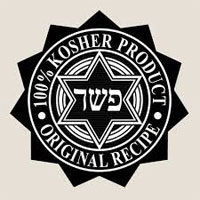
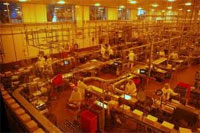
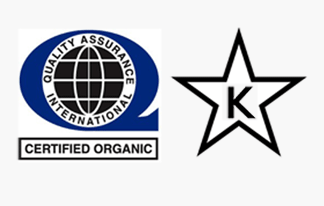

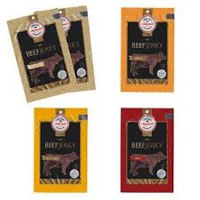
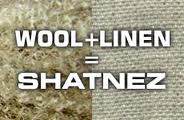


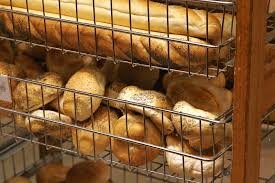
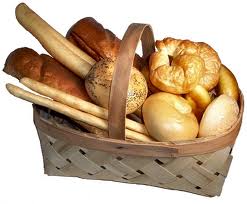


 STAR-D
STAR-D STAR-S
STAR-S